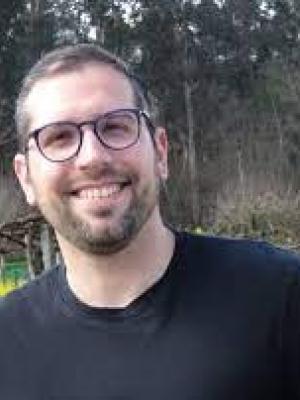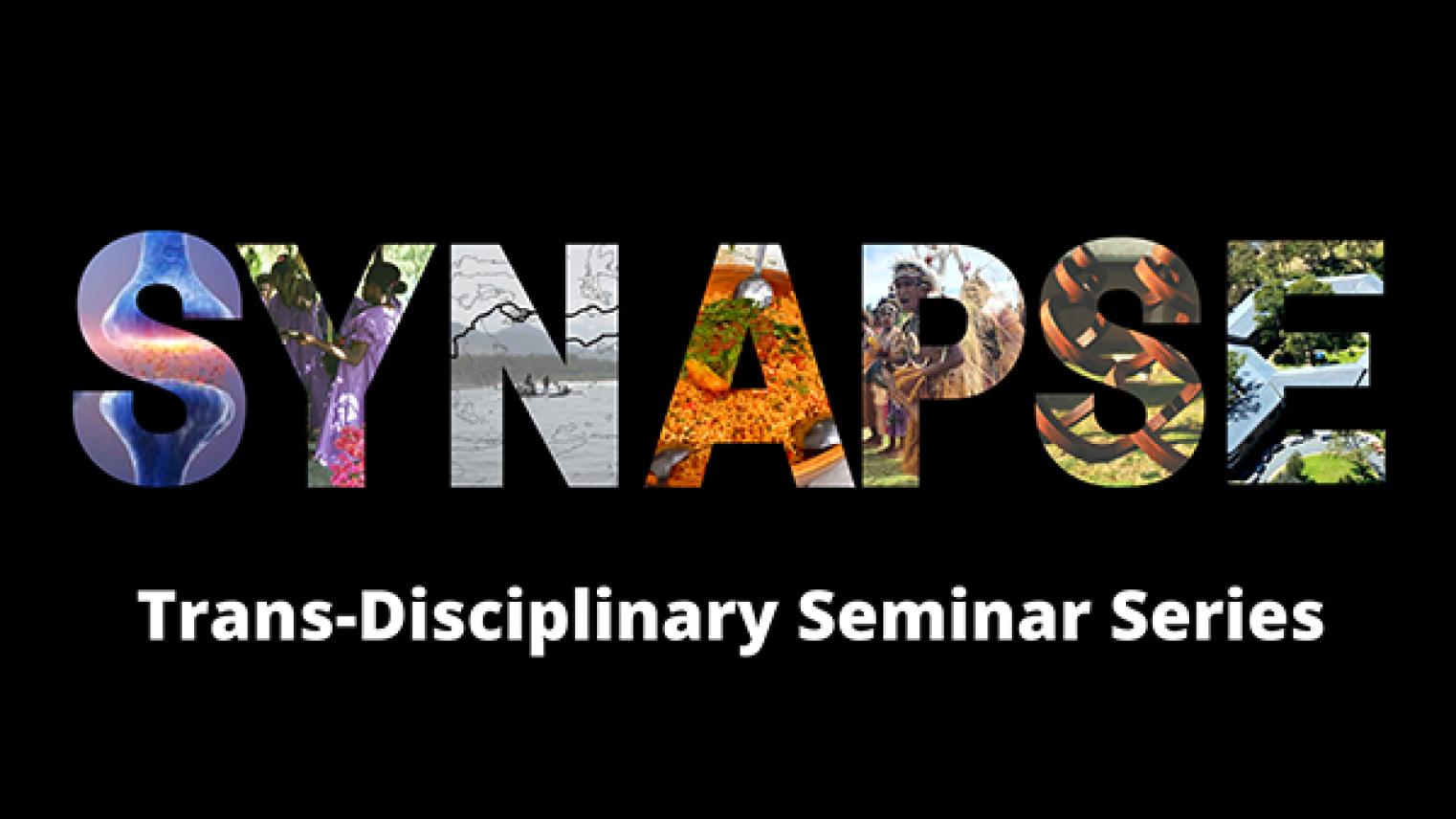The human past has traditionally been studied by different scientific disciplines within the humanities, in particular archaeology, anthropology, history, or linguistics. During the last century, the development of population genetics theory made it possible to implement novel approaches to the understanding of the demographic and adaptive history of human populations. A recent technical revolution further allowed the extraction and analysis of ancient DNA from archaeological and museum specimens. In this talk, I will provide an overview on our recent work using modern and ancient DNA to understand both the remote and recent evolutionary history of the human species.
About the speaker
João C. Teixeira's research combines population genetics, ancient DNA, bioinformatics, statistics and anthropology to study the origin and evolution of the human species. João is particularly interested in Pleistocene human evolution, human population adaptation to environmental change and historical human migrations in Europe and the Americas.
The recording will be made available after the event through the Synapse Trans-Disciplinary Seminar Series page.
Event Speakers

João C. Teixeira
João C. Teixeira is a Research Fellow in the Evolution of Cultural Diversity Initiative (ECDI) at ANU, an ARC DECRA Fellow within the ANU School of Culture, History & Language, and affiliate of the ARC Centre of Excellence for Australian Biodiversity and Heritage.
